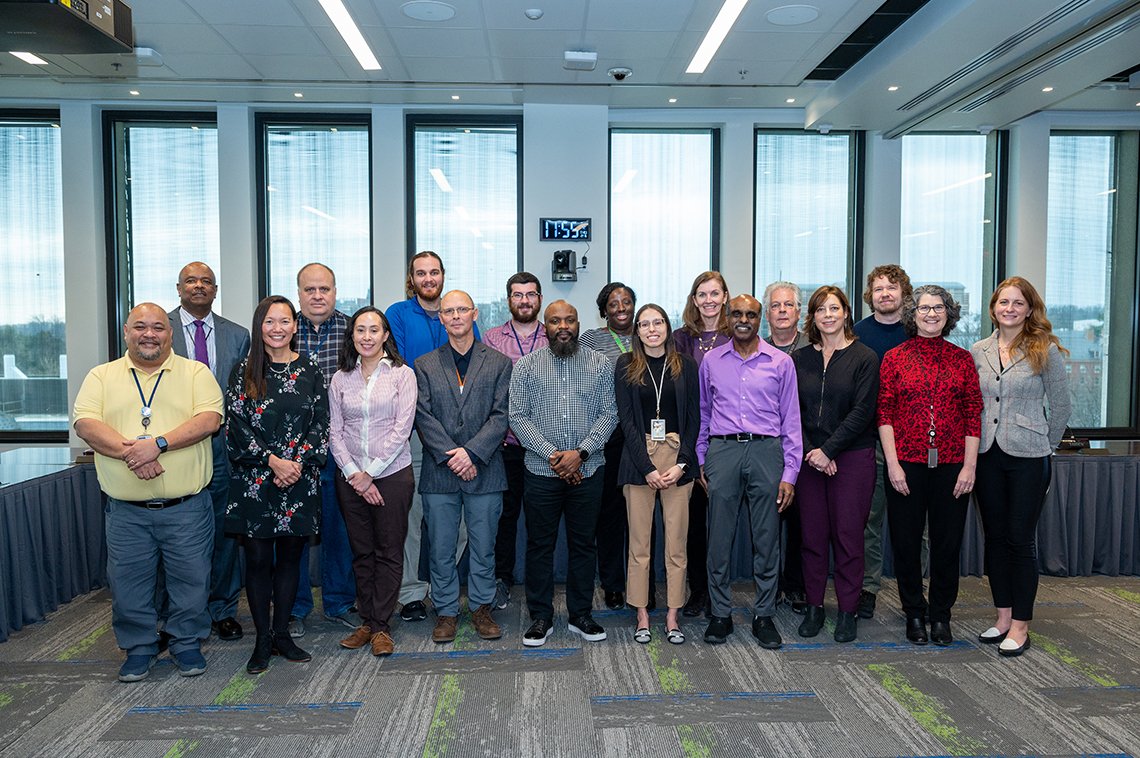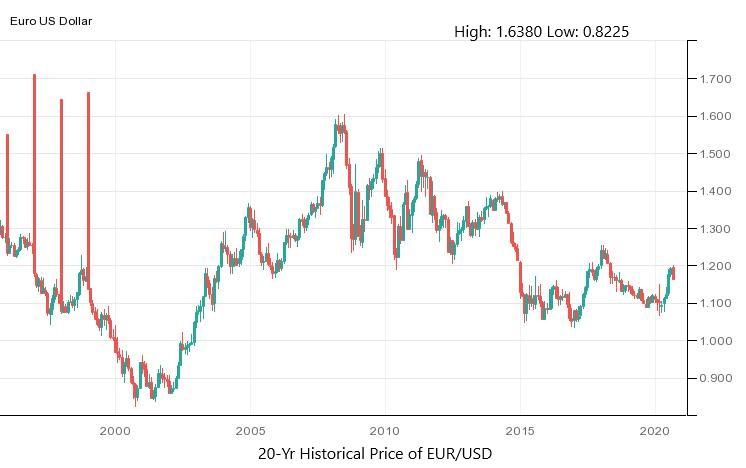Research Cuts Spark NIH Staff Walkout During Director's Meeting

Table of Contents
The Severity of the Research Funding Cuts and their Impact
The research funding cuts imposed on the NIH represent a substantial blow to the nation's scientific progress. The reduction, estimated at 15% – a staggering $2.5 billion – significantly jeopardizes numerous crucial research initiatives. This isn't just a reduction in numbers; it's a direct threat to the pipeline of life-saving discoveries. The impact is felt across various research fields, but some areas are particularly vulnerable:
- Cancer Research: Funding cuts threaten to delay or halt promising clinical trials for novel cancer therapies, potentially hindering progress in early detection and treatment.
- Infectious Disease Research: With the ever-present threat of emerging infectious diseases, decreased funding for infectious disease research weakens our ability to prepare for and combat future outbreaks.
- Neurological Disorders Research: Research into Alzheimer's, Parkinson's, and other debilitating neurological disorders faces severe setbacks, delaying potential breakthroughs in diagnosis and treatment.
The consequences of these cuts extend far beyond individual projects:
- Project X: A groundbreaking study on the genetic basis of heart disease is facing a potential two-year delay, jeopardizing the timely publication of critical findings.
- Project Y: A promising clinical trial for a new HIV treatment has been forced to shut down due to lack of funding, leaving participants without access to potentially life-saving medication.
- Project Z: A research team investigating the causes of childhood autism has been reduced by 50%, drastically slowing progress and potentially impacting the quality of their research.
The Staff Walkout: A Show of Unprecedented Discontent
The walkout, involving over 500 NIH researchers and staff, took place during the director's quarterly meeting, halting proceedings for over an hour. This unprecedented demonstration of discontent underscores the deep frustration and anxiety felt within the scientific community. Scientists voiced concerns about the chilling effect of the budget cuts on their work and the future of medical research.
Dr. Emily Carter, a leading researcher in infectious disease, stated, "These cuts are not just about numbers; they represent a betrayal of the public trust. We are fighting for the future of medical innovation and the health of our nation."
The key demands of the protesting staff include:
- Increased research funding: A substantial increase in the NIH budget to restore funding to previous levels and account for inflation.
- Transparency in budget allocation: Clearer explanations of how funding decisions are made and a more equitable distribution of resources.
- Meeting with leadership to address concerns: Direct dialogue with NIH leadership to discuss the impact of the cuts and find solutions.
- Improved communication regarding future funding decisions: More transparent and timely communication about future budget allocations to allow researchers to plan accordingly.
Reactions and Responses to the NIH Staff Walkout
The NIH director, Dr. Francis Collins, acknowledged the concerns raised by the staff, emphasizing the difficult budgetary environment. However, he stopped short of promising any immediate increases in funding. Congress has yet to officially respond to the walkout, though several representatives have expressed support for increased NIH funding. Public opinion, as reflected in social media and news coverage, largely supports the protesting scientists, with many expressing concern about the long-term implications of the cuts on medical progress. The long-term consequences could include a brain drain of talented researchers to other countries, a slowdown in medical innovation, and a diminished ability to respond to future health crises.
The Future of NIH Research Funding After the Walkout
The NIH staff walkout serves as a stark reminder of the critical importance of sustained investment in medical research. The significant research funding cuts and the passionate response they elicited highlight the deep concerns within the scientific community and the potential ramifications for public health. The consequences of inadequate funding extend far beyond individual research projects; they threaten to stifle innovation, delay breakthroughs, and ultimately, jeopardize the health and well-being of millions.
Support NIH funding. Protect medical research. Join the fight to save NIH research. Contact your representatives in Congress and urge them to prioritize increased funding for the National Institutes of Health. The future of medical progress depends on it. The continued investment in the NIH is not merely an investment in science; it's an investment in the health and future of our nation.

Featured Posts
-
 Eur Usd Exchange Rate Lagardes Plan To Boost The Euros International Standing
May 28, 2025
Eur Usd Exchange Rate Lagardes Plan To Boost The Euros International Standing
May 28, 2025 -
 Daywatch Pvt James Loyds Improbable Wwii Homecoming
May 28, 2025
Daywatch Pvt James Loyds Improbable Wwii Homecoming
May 28, 2025 -
 Extreme Price Hike Broadcoms V Mware Deal Sparks Outrage From At And T
May 28, 2025
Extreme Price Hike Broadcoms V Mware Deal Sparks Outrage From At And T
May 28, 2025 -
 French Open 2024 Alcarazs Reign Vs Swiateks Uncertain Defense
May 28, 2025
French Open 2024 Alcarazs Reign Vs Swiateks Uncertain Defense
May 28, 2025 -
 The Newark Airport Crisis Preparedness And Mitigation Strategies
May 28, 2025
The Newark Airport Crisis Preparedness And Mitigation Strategies
May 28, 2025
